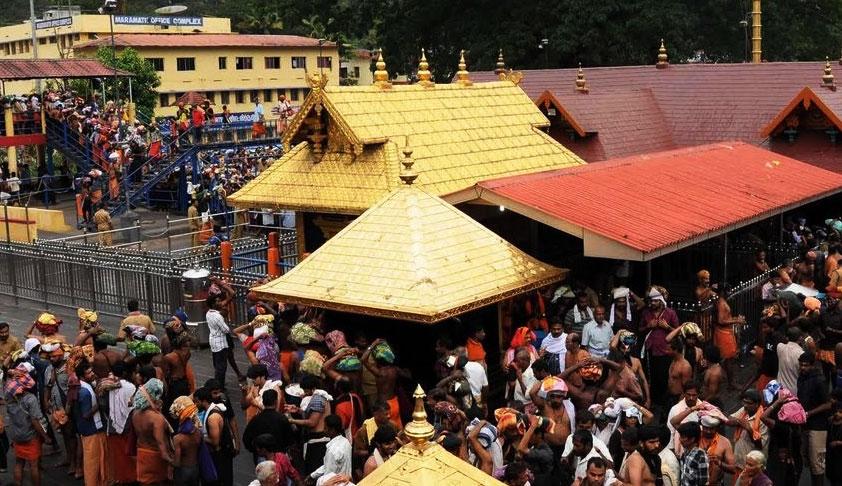Whether to Permit Women Entry to Sabarimala Temple or Not: SC Constitution Bench To Hear From Tomorrow
Manu Sebastian
16 July 2018 11:58 AM IST

Next Story
16 July 2018 11:58 AM IST
From tomorrow, the Constitution Bench of the Supreme Court will commence hearing on the matter relating to entry of women to Sabarimala temple. It was on October 13, 2017, that a three judges bench of CJI Dipak Misra, Justice R. Banumathi and Justice Ashok Bhushan referred the matter to Constitution Bench, raising the following issues : Whether the exclusionary practice which is based upon...
